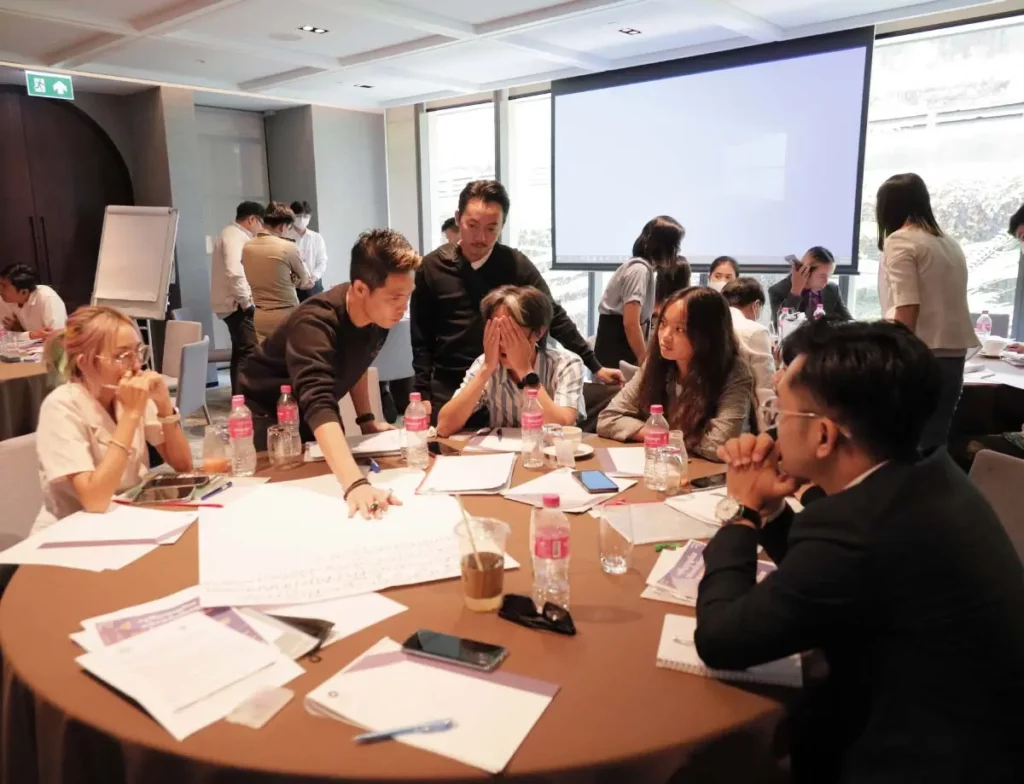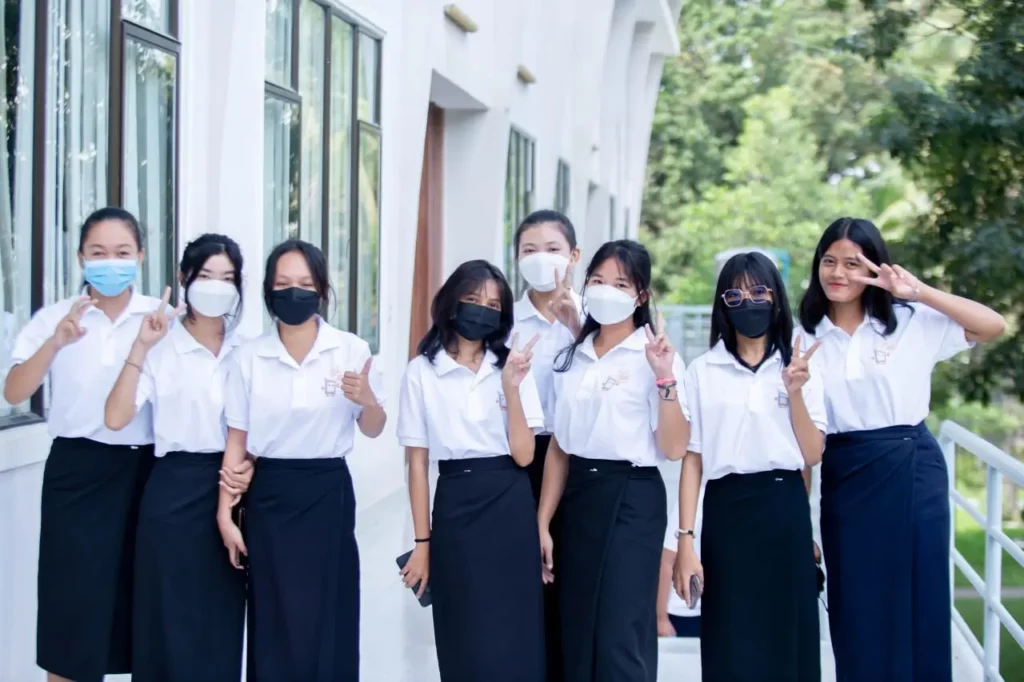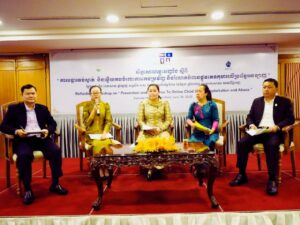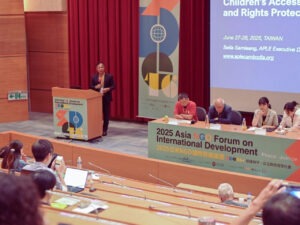Early Prevention
Community, Media and Industry Engagement Program

Summary
APLE's community, media, and industry engagement program, in collaboration with local authorities, NGOs, and community leaders, build a vigilant and supportive culture for early prevention of child sexual exploitation and abuse.


Awareness Raining
At APLE, we are dedicated to increasing awareness about child protection among diverse groups including children, young people, parents, educators, and frontline professionals. Our comprehensive awareness-raising initiatives are designed to provide essential knowledge and tools necessary to keep children safe from abuse and exploitation.
Our tailored programs for children and young people empower them with critical thinking, information, and messages on how to protect themselves and seek help when needed. We engage parents through informative sessions that enhance their understanding of the risks their children might face and how they can participate in preventive measures. For educators and child protection professionals, our specialized modules ensure they are well-equipped to recognize, prevent, and respond to child sexual exploitation and abuse cases effectively.
Training
APLE is currently implementing specialized training programs specifically designed for frontline child protection professionals, who work directly with vulnerable children and victim-survivors of exploitation and abuse. Our initiatives aim to bolster the capacity of law enforcement officers, social workers, and other key stakeholders to effectively prevent and respond to child exploitation and abuse.
The training modules encompass essential areas such as recognizing signs of abuse, conducting child-friendly, gender-sensitive interviews, implementing comprehensive protection measures, and delivering trauma-informed care. A core part of these programs is our partnership with governmental and non-governmental organizations to enhance collaborative efforts and resource-sharing.
Training of Trainer Program
APLE, in collaboration with the Police Academy of Cambodia and the Ministry of Interior, is currently implementing a comprehensive Training of Trainer (ToT) program tailored for law enforcement officials responsible for investigating and prosecuting child sexual offenses. This program is designed to enhance the capabilities of police trainers by focusing on child-centric investigation procedures, ensuring that the needs and best interests of child victims are prioritized throughout the investigative process.
The training covers essential aspects such as recognizing and addressing the specific needs of child victims, conducting investigations that place the child at the heart of operations, and integrating trauma-informed approaches. Additionally, the program includes a teaching methodology component, enabling police officers to effectively deliver similar trainings to their peers across various departments and locations. This ensures sustainable capacity building within the law enforcement community, promoting a child-friendly justice system.
Campaigning
APLE is actively engaged in campaigning to disseminate educational and transformative materials to keep communities, schools, and the public informed about the risks to children. These campaigns aim to inspire actions and promote collective efforts to disrupt harm and protect children from exploitation and abuse.
Our campaigns cover various aspects of child protection, including the online and offline risks children face, strategies for prevention, and the importance of reporting suspicious activities. By collaborating with governmental and non-governmental organizations, we ensure that our educational materials reach a wide audience, creating a unified voice in the fight against child exploitation.
Challenges
APLE faces several challenges in raising awareness, providing training, and conducting campaigns. These challenges are rooted in various socio-cultural, logistic, and technical factors that complicate our efforts to educate and engage diverse communities effectively.
Socio-Cultural Barriers: One of the primary challenges is overcoming cultural taboos and societal norms that discourage open discussions about sexual exploitation and abuse. In many communities, these topics are considered sensitive, and there's a significant stigma attached to victimhood, which prevents survivors and their families from coming forward.
Resource Limitations: Another significant challenge is the limited resources available for comprehensive training and awareness programs. Despite the importance of these initiatives, funding constraints often limit the reach and frequency of workshops, seminars, and campaigns. This is compounded by the need for specialized training materials and the high costs associated with developing and distributing these resources.
Engaging Diverse Stakeholders: Collaborating with various stakeholders is essential but challenging. Each group may have different priorities, levels of commitment, and resources, making coordinated efforts difficult to sustain over time.
420+
frontline professional trained in the past year
Female
1640+
children and young people reached through 32 awareness sessions last year
Female
Recent Activities

Reflection Workshop Focuses on Enhancing Strategies Against Online Child Sexual Exploitation
A significant reflection workshop was held on June 30, 2025, in Phnom Penh to address the prevention and response to

Two Decades of Championing Justice for Child Survivors of Sexual Exploitation at the Asian NGO Forum
The 2025 Asian NGO International Development Forum, held on June 27-28, at the International Conference Hall, National Taiwan University of
